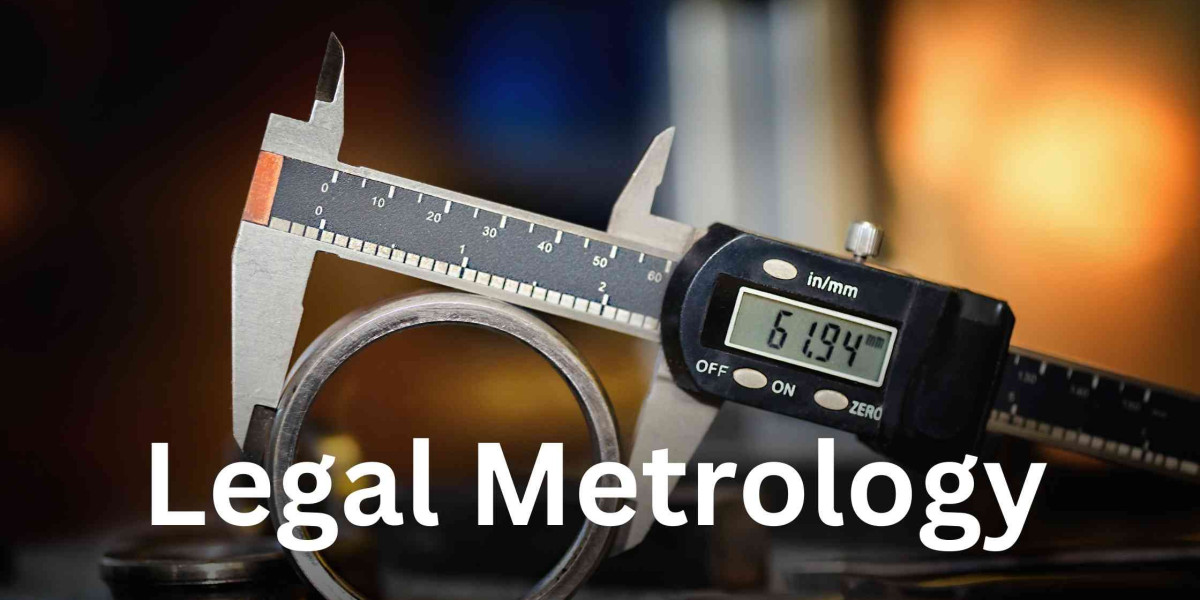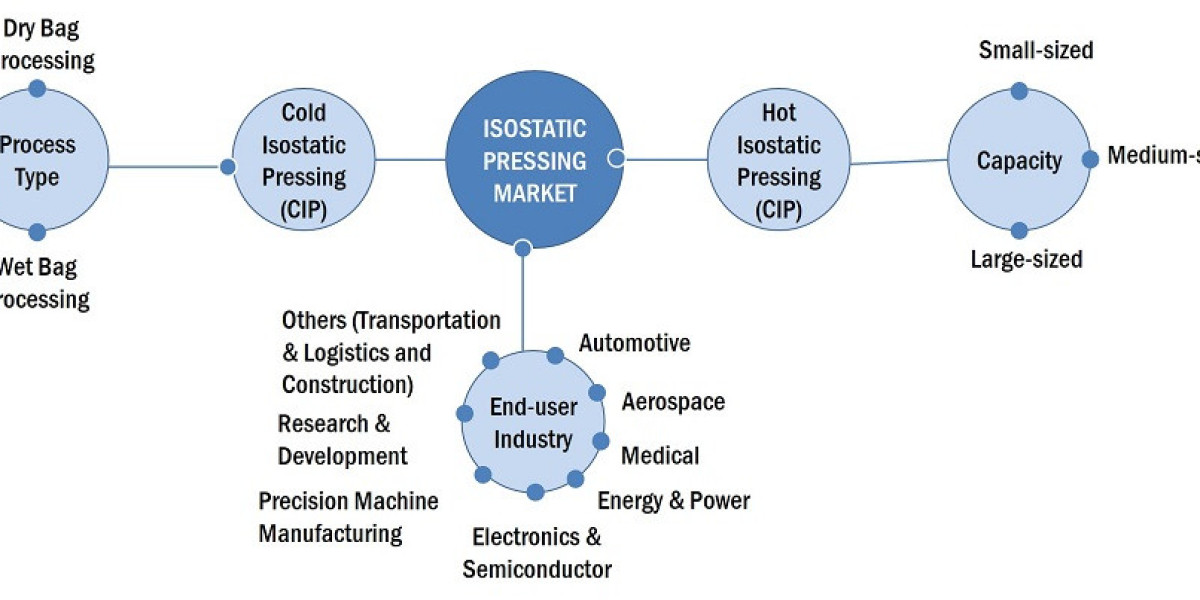Legal metrology is a critical part of trade and commerce, governing measurements and measuring instruments used in business transactions. It ensures fairness and accuracy, protecting both consumers and businesses. However, as the legal requirements surrounding metrology become stricter each year, companies must understand the importance of compliance to avoid fines, penalties, and potential legal issues.
In 2024, the focus on legal metrology enforcement is expected to intensify, especially with the growing complexity of global trade and advanced technology in measuring instruments. In this blog, we will discuss how businesses can avoid penalties and legal issues by staying compliant with legal metrology laws, such as obtaining proper licenses like the legal metrology registration, legal metrology dealer license, legal metrology manufacturer license, legal metrology repairer license, LMPC importer license, and securing the model approval certificate for weights and measures.
What is Legal Metrology Enforcement?
Legal metrology enforcement refers to the regulations and laws set by the government to monitor and control the accuracy of measuring instruments used in trade, such as weighing scales, fuel pumps, electricity meters, and more. In India, this is governed by the Legal Metrology Act, 2009. The primary goal of these regulations is to ensure that all measurements used in commercial transactions are accurate, preventing fraud and maintaining trust in the market.
Authorities regularly inspect businesses to ensure compliance with legal metrology regulations. Non-compliance can lead to heavy fines, penalties, and even imprisonment in some cases. For businesses involved in manufacturing, importing, or dealing with measuring devices, licenses such as the legal metrology manufacturer license, legal metrology repairer license, and LMPC importer license are necessary to avoid any legal issues.
Key Requirements of Legal Metrology Compliance
To stay compliant and avoid legal troubles, businesses must follow certain legal metrology requirements. These requirements involve obtaining proper licenses, ensuring the accuracy of measuring instruments, and keeping records up to date. Here are some of the key aspects of compliance:
1. Legal Metrology Registration
Businesses involved in manufacturing, importing, or selling measuring instruments must register under the Legal Metrology Act. This Legal metrology certificate registration confirms that the company complies with the rules and regulations set by legal metrology authorities. Failure to obtain this registration can lead to penalties.
2. Legal Metrology Dealer License
A legal metrology dealer license registration is required for businesses that sell or distribute measuring instruments. This license ensures that the dealer complies with the legal standards for selling verified and approved measuring instruments. Dealers without this license may face fines or suspension of their operations.
3. Legal Metrology Manufacturer License
Manufacturers of measuring devices must have a legal metrology manufacturer license. This license guarantees that all the instruments produced meet the required accuracy standards set by the law. Non-compliance can result in legal actions against the manufacturer, including fines and potential shutdowns.
4. Legal Metrology Repairer License
Businesses that repair and calibrate measuring instruments must obtain a legal metrology repairer license. This license ensures that repairs and calibrations are conducted according to the legal standards, maintaining the accuracy and reliability of the measuring instruments.
5. LMPC Importer License
For businesses importing packaged commodities, obtaining an LMPC importer license is crucial. This license ensures that all imported goods comply with the legal metrology standards for weights, measurements, and packaging. Without this license, imported goods may be seized by authorities, leading to legal troubles and financial losses.
6. Model Approval Certificate for Weights and Measures
A weight and measurement certificate is required for businesses that manufacture or import weighing and measuring instruments. This certificate confirms that the instruments meet the legal standards for accuracy and performance. Without this approval, the instruments cannot be legally sold or used, and the business could face penalties.
7. Packaged Commodity Registration
Companies that deal in packaged goods must ensure that their products are properly labeled and measured. This includes accurate declarations of weight, volume, and other measurements on the packaging. Packaged commodity registration online ensures that the business complies with these regulations. Failure to comply can result in fines and product recalls.
Common Legal Issues in Legal Metrology
Businesses that fail to comply with legal metrology regulations often face legal issues that can impact their reputation, finances, and operations. Here are some common legal problems companies encounter in this area:
1. Use of Unverified Measuring Instruments
Businesses must use verified and approved measuring instruments to avoid legal consequences. If a company uses unverified or inaccurate instruments in trade, it can be accused of fraud, leading to penalties and legal action. Regular calibration and testing of instruments are required to maintain compliance.
2. Incorrect Product Labeling
Incorrect labeling of packaged goods is a serious offense under legal metrology laws. This includes inaccurate weight, volume, or quantity declarations on the product packaging. Businesses that fail to provide accurate information on their labels may face fines and legal action. Regular audits and inspections can help avoid such issues.
3. Failure to Obtain Necessary Licenses
As discussed, several licenses are required for businesses involved in legal metrology activities. Failure to obtain the necessary licenses, such as the legal metrology manufacturer license, legal metrology dealer license, or legal metrology repairer license, can result in heavy fines and even the closure of the business.
4. Non-Compliance with Import Regulations
Importers of packaged goods must ensure that they comply with legal metrology standards. Failure to obtain an LMPC importer license can result in goods being seized or rejected at customs. This can lead to significant financial losses and delays in business operations.
Avoiding Penalties: Best Practices for Legal Metrology Compliance
To avoid legal issues and penalties in 2024, businesses should focus on maintaining compliance with legal metrology laws. Here are some best practices that can help:
1. Obtain the Necessary Licenses
Make sure that your business has obtained all the required licenses and certificates, including legal metrology registration, legal metrology dealer license, legal metrology manufacturer license, legal metrology repairer license, Legal Metrology License Renewal and LMPC importer license. Ensure that these licenses are up to date and renewed regularly.
2. Regular Calibration and Verification
All measuring instruments used in trade must be regularly calibrated and verified by legal metrology authorities. This ensures that the instruments remain accurate and reliable. Regular verification can help prevent discrepancies and ensure compliance with legal standards.
3. Accurate Labeling of Packaged Goods
Ensure that all packaged goods are accurately labeled with the correct weight, volume, or quantity. Regular inspections and audits can help identify any labeling errors and correct them before they lead to legal issues.
4. Maintain Proper Records
Businesses must maintain proper records of all measuring instruments, licenses, and certificates. These records should be easily accessible in case of inspections by legal metrology authorities. Keeping accurate records can help prove compliance and avoid penalties.
5. Educate Employees
It is essential to educate employees on legal metrology laws and the importance of compliance. Employees involved in the manufacturing, sale, or repair of measuring instruments should be trained on how to handle instruments properly and maintain compliance with legal standards.
6. Consult Legal Metrology Experts
Consulting with legal metrology experts can help businesses navigate the complexities of legal metrology laws. These experts can assist with obtaining licenses, calibrating instruments, and ensuring compliance with regulations.
Conclusion
Legal metrology enforcement is crucial for maintaining fairness and accuracy in trade and commerce. In 2024, businesses must pay close attention to legal metrology regulations to avoid penalties and legal issues. By obtaining the necessary licenses, ensuring accurate measurements, and maintaining proper records, businesses can stay compliant and protect their operations.
Whether it’s securing a legal metrology dealer license, obtaining a model approval certificate for weights and measures, or complying with packaged commodity registration requirements, staying proactive with legal metrology compliance will help businesses avoid fines, protect their reputation, and ensure smooth operations in the years ahead.








